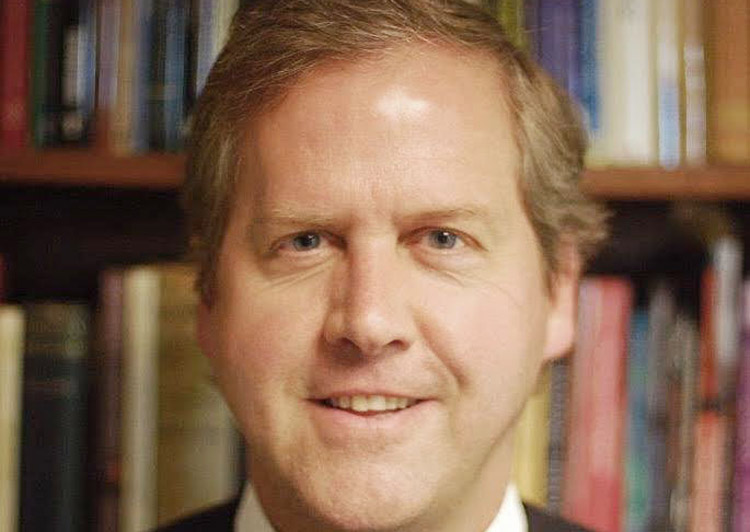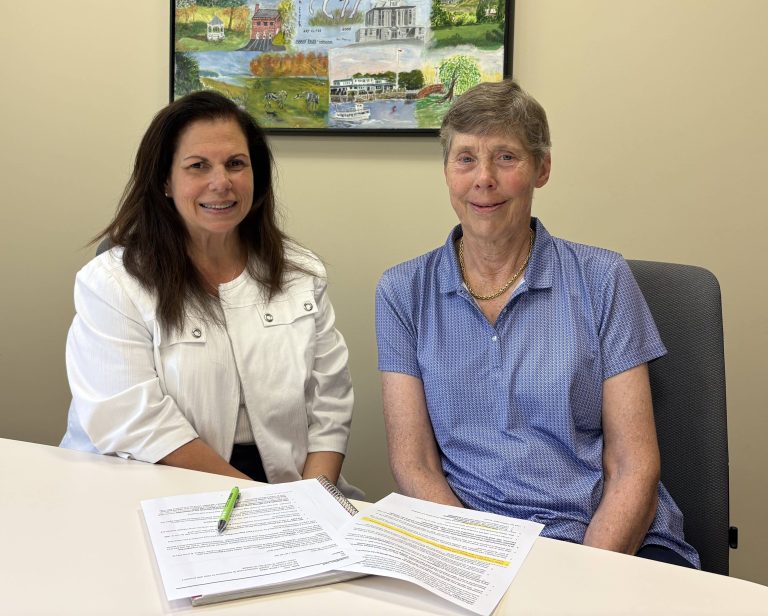
Why Improving Our Listening Skills May Lead to What We Really Want
By Marek P. Zabriskie
If you look at the position description for any leader today, a common need expressed is for someone who can listen. “We need a good listener,” many search committees say, whether they are looking for a leader for a school, law firm, hedge fund, church, or not-for-profit.
Likewise, if you were to hear the concerns of employees or those who serve an institution, they often comment that their leaders, “do not listen,” or “never listen to people who challenge them.”
Show me someone who listens well, and I will show you a wise person. The Greek philosopher Zeno said, “The reason why we have two ears and only one mouth is that we may listen more and speak less.”
Few people can win an Olympic medal, learn to speak ten languages, or perhaps write a celebrated novel. But all of us can become a great listener, a skill at which we can all excel, one the world desperately needs, and one which will likely help us achieve other, harder to reach, goals.
How often have we asked, “why won’t they just listen?” It’s a frustrating experience to be around someone who listens poorly, inattentively, or carelessly. Truth be told, we’re all guilty of imperfect listening habits and our communication with each other suffers as a result.
Peter Drucker, who has been called the “Father of American Management,” suggests that 60% of all management problems are a result of faulty communications. More than half of all divorces are said to be the result of an inability to communicate effectively. Criminologists report that nearly 90% of all criminals have difficulty communicating with other people.
Humans engage in four methods of language communication: reading, writing, speaking, and listening. Most school curriculums ensure that we learn the first three well and can use them in practical application, in our everyday lives. Even though we spend more time listening than in any other communication activity; there is little in curriculums designed to help us truly accomplish the last task, namely how to listen well.
It is estimated that the average person listens with only 25% efficiency. While another person is speaking, we may assume that the subject is uninteresting or unimportant or mentally critique their delivery. We may become over-stimulated, withdraw our attention, daydream, or just pretend to focus.
A person can think four times faster than the average rate of speech, which is about 125 words per minute. If the listener fills the extra time with the aforementioned deterrents, the message may be distorted or erased.
Dietrich Bonhoeffer, the great German theologian (killed by the Nazis), said, “The first service that one owes to others in the fellowship consists in listening to them.” He added, “Many people are looking for an ear that will listen…. But the one who can no longer listen to his brother or sister will soon be no longer listening to God.”
People are desperate for someone to listen to them carefully. We all are. If we can teach ourselves to listen well; to develop the habit of listening, paying attention to voice cadence and pitch, watching facial expressions, and trying to understand what is being said in an active way without judgement or leaping ahead to what we want to say in response, we will give others a vital gift.
Morton Kelsey, an Episcopal priest and author, wrote, “The first art of listening will unlock more doors into life than anything else I can think of.” He adds, “Real listening is a religious experience.” We “have entered into a holy place and communed with the heart of being itself” when we listen to another. Kelsey notes that until we have listened to the shadow side of another person, we have never witnessed them in their depth.
Many of us are better at listening for than listening to. What might be the difference? When we listen for, we are attentive to the things that we want to hear, seeking confirmations of what we already believe or fear. Listening to is more difficult. It involves listening to what is being presented to us, whether we like it or whether it agrees with our assumptions and suspicions or not. When we listen to we must set aside our preconceived ideas.
Jesus was a profound listener. We focus on his words and miracles. But every miracle began first by listening to someone or seeing someone in need. His ears and eyes were the gateways to his miracles. Jesus told his followers, “Those who have ears to hear, listen.”
Jesus listened to his mother when she told him that the hosts had run out of wine at the wedding in Cana of Galilee. He listened attentively to the Syro-Phoenecian woman. Jesus listened carefully to the woman at the well. He listened intently as the blind Bartimeus called out to him. Jesus listened compassionately to the centurion whose daughter was gravely ill.
God is the Supreme Listener. We are created in the image of God and meant to be good listeners. Jesus modeled how to listen attentively to the old and to the young, to the rich and to the poor, to women and to men, to those in the center and to those on the margins, to those belonging to our religion and to those that are despised by our religion, our tribe, or even our own mindset.
St. Benedict wrote a small book of spiritual instruction for the Christian community 1,500 years ago called the Rule of St. Benedict. Some believe that it is, except for the four gospels, the most important book in Christianity. It has exercised vast influence on Western civilization.
It begins with the words, “Listen my son to the instructions of your Master, turn the ear of your heart to the advice of a loving father, accept it willingly and carry it out vigorously…” To listen with “the ear of the heart” is a skill that we can perfect through practice over the course of our lives.
The Quaker writer Douglass Steere said, “To ‘listen’ to another’s soul into a condition of disclosure may be the greatest service that any human being ever performs for another.”
In a society riddled with division and diversion, listening well may be our best way to care for others.
The Rev. Marek P. Zabriskie, is the Rector of Christ Church.




